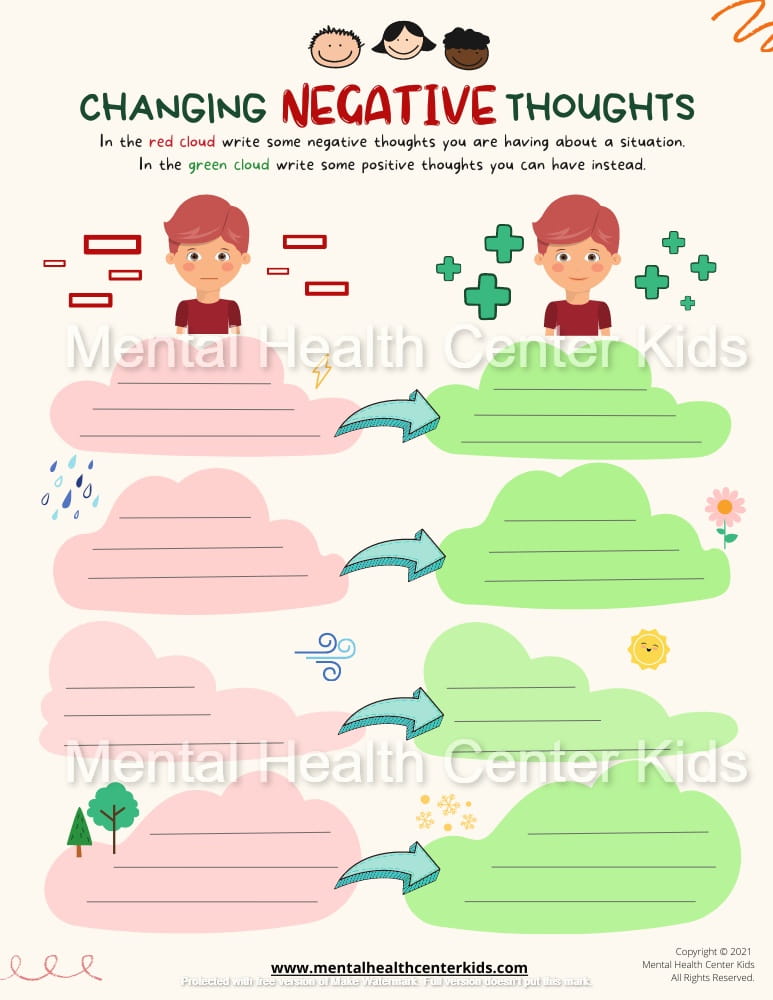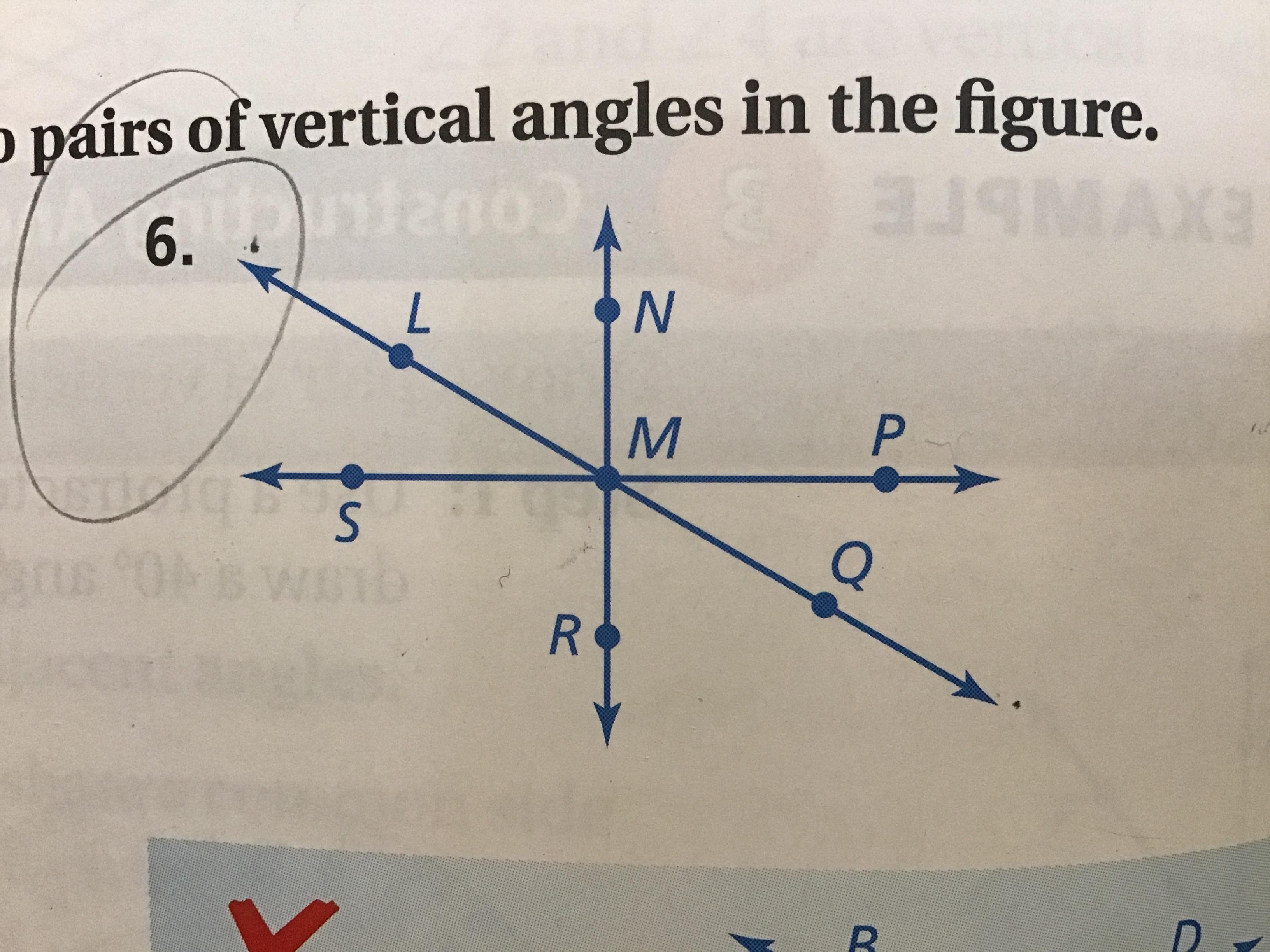7 Ways to Stop Automatic Negative Thoughts Now

7 Ways to Stop Automatic Negative Thoughts Now
Are you tired of feeling overwhelmed by negative thoughts that seem to pop up out of nowhere? Do you struggle to shake off the constant chatter of self-doubt and criticism that plays in your mind? You’re not alone. Automatic negative thoughts (ANTs) are a common phenomenon that can affect anyone, regardless of their background or circumstances. But the good news is that there are ways to stop ANTs in their tracks and take back control of your thoughts.
Understanding Automatic Negative Thoughts
Before we dive into the strategies for stopping ANTs, let’s first understand what they are. Automatic negative thoughts are unwanted, intrusive thoughts that arise without any apparent reason or warning. They can be critical, pessimistic, or catastrophic, and can make you feel anxious, depressed, or overwhelmed. ANTs often start with a negative assumption or interpretation of a situation, and can quickly spiral out of control.
Why Do We Have ANTs?
ANTS can arise from various sources, including:
- Past experiences: Traumatic events or negative experiences from the past can shape our thoughts and behaviors, leading to ANTs.
- Social and cultural influences: We may learn negative thought patterns from our family, friends, or culture.
- Brain chemistry: Imbalances in neurotransmitters like serotonin and dopamine can contribute to negative thinking.
- Stress and anxiety: High levels of stress and anxiety can trigger ANTs.
7 Ways to Stop Automatic Negative Thoughts
Now that we understand what ANTs are and why we have them, let’s explore seven effective strategies for stopping them:
1. Notice Your Thoughts
The first step to stopping ANTs is to become aware of your thoughts. Take notice of when you’re thinking negative thoughts, and what triggers them. Keep a thought journal to track your thoughts and identify patterns. Recognize that your thoughts are not facts; they’re just interpretations of reality.
2. Challenge Negative Thoughts
Once you’re aware of your ANTs, challenge them by asking yourself:
- Is this thought really true?
- Is there another way to look at this situation?
- What evidence do I have for this thought?
This helps to reframe negative thoughts and replace them with more balanced, realistic ones.
3. Practice Mindfulness
Mindfulness is the practice of being present in the moment, without judgment. Regular mindfulness practice can help reduce ANTs by:
- Increasing self-awareness
- Reducing stress and anxiety
- Improving emotional regulation
Try incorporating mindfulness exercises into your daily routine, such as meditation, deep breathing, or yoga.
4. Use Positive Self-Talk
The way we talk to ourselves matters. Negative self-talk can perpetuate ANTs, while positive self-talk can help counteract them. Practice using positive affirmations, such as:
- “I am capable and competent.”
- “I can handle this situation.”
- “I am worthy of love and respect.”
Repeat these affirmations regularly, especially when you’re feeling stressed or anxious.
5. Engage in Physical Activity
Regular physical activity can help reduce ANTs by:
- Reducing stress and anxiety
- Improving mood
- Increasing self-esteem
Find an activity you enjoy, whether it’s walking, running, swimming, or dancing, and aim to do it for at least 30 minutes a day.
6. Seek Social Support
Social support from friends, family, or a therapist can help you manage ANTs. Talking to someone about your negative thoughts can:
- Provide a fresh perspective
- Offer emotional support
- Help you develop coping strategies
Don’t be afraid to reach out for help when you need it.
7. Practice Self-Compassion
Lastly, practice self-compassion by treating yourself with kindness, understanding, and patience. Acknowledge that it’s okay to have negative thoughts, and that you’re doing the best you can. Treat yourself with the same kindness and care that you would offer to a friend.
🌟 Note: Remember that stopping ANTs takes time and practice. Be patient with yourself, and don't give up. With consistent effort, you can develop new thought patterns and improve your mental well-being.
In conclusion, automatic negative thoughts are a common phenomenon that can affect anyone. By understanding what ANTs are, why we have them, and using the seven strategies outlined above, you can take back control of your thoughts and improve your mental well-being. Remember to be patient, kind, and compassionate with yourself as you work through this process.
What are automatic negative thoughts?
+Automatic negative thoughts (ANTs) are unwanted, intrusive thoughts that arise without any apparent reason or warning. They can be critical, pessimistic, or catastrophic, and can make you feel anxious, depressed, or overwhelmed.
How can I stop automatic negative thoughts?
+There are several strategies for stopping ANTs, including noticing your thoughts, challenging negative thoughts, practicing mindfulness, using positive self-talk, engaging in physical activity, seeking social support, and practicing self-compassion.
What is the importance of self-compassion in managing ANTs?
+Self-compassion is essential in managing ANTs because it allows you to treat yourself with kindness, understanding, and patience. By practicing self-compassion, you can acknowledge that it’s okay to have negative thoughts, and that you’re doing the best you can.
Related Terms:
- Automatic thoughts Worksheet PDF
- Reframing negative thoughts worksheet PDF
- ANT Therapy Worksheet



